Dinesh Thakur
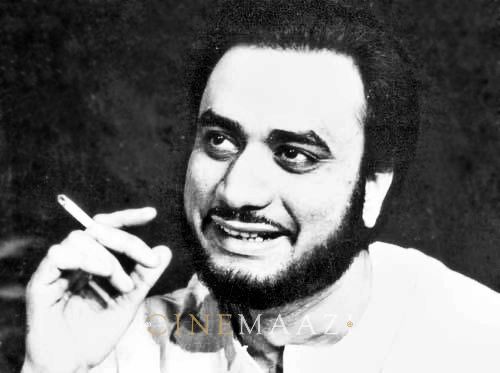
Subscribe to read full article
This section is for paid subscribers only. Our subscription is only $37/- for one full year.
You get unlimited access to all paid section and features on the website with this subscription.
Not ready for a full subscription?
You can access this article for $2 , and have it saved to your account for one year.
- Born: 8 August, 1947 (Jaipur, Rajasthan)
- Died: 20 September, 2012
- Primary Cinema: Hindi
- Spouse: Priya Mathur
Veteran theatre actor-director and film actor Dinesh Thakur is known for his detailed and nuanced performances in character roles in Hindi films of the 70s. He has several acclaimed films to his credit such as his debut film, the Gulzar-directed Mere Apne (1971), Basu Chatterjee’s award-winning Rajnigandha (1974), and the Manik Chatterjee directorial Ghar (1978). However, his talent remained largely under-utilised in the conventional Hindi film industry. Thakur also headed a theatre group called ANK Productions for three decades, his oldest and most popular theatre production being Jis Lahore Nahi Dekhya. Among his more famous works on stage are Vijay Tendulkar’s Jaat Hi Poochho Sadhu Ki, Khamosh Adalat Jaari Hai and Kamala, as well as Hai Mera Dil, an adaptation from a Broadway play that ran for a record 1,000 plus shows.
Born in Jaipur in 1947, Thakur attended Delhi’s Kirori Mal College. It was here that he ventured into the college’s famous dramatic society following encouragement from the legendary professor Frank Thakurdas. A post-graduate in Hindi literature, in 1964 he began working with Delhi’s Hindustani Theatre. He went on to work with several creative units over the years, before starting his own Ank Theatre Group in 1976. He designed and directed more than 60 plays for Ank.
Thakur’s acting in theatre had attracted Hindi filmmakers. Director Basu Chatterjee offered him a role in Rajnigandha after watching one of his plays. Thakur played the serious-looking, cigarette-smoking, ex-flame of heroine Vidya Sinha in Chatterjee’s critically lauded and commercially successful film. Rajnigandha won both Filmfare Best Movie Award and the Filmfare Critics Award for Best Movie. Before the shooting started, he was requested by the director to help leading lady Vidya Sinha with the dialogues. Since he came from theatre, his voice control and dialogue delivery were impeccable.
Director Basu Bhattacharya noticed Dinesh Thakur acting for Om Shivpuri’s group Dishantar in Mohan Rakesh’s play, Aadhe Adhure. It led to Bhattacharya offering him the part in Anubhav (1971) wherein he played the third angle in a marital triangle. Thakur would also help Bhattacharya with the dialogues and shared a close association with him.
Years later, Thakur also wrote the screenplay and dialogue of Aastha (1997), Bhattacharya’s last film and acted in his Griha Pravesh (1979) and Panchvati (1986). He also penned the story and screenplay of Ghar (1978), a sensitive film based on a married middle-class housewife’s ordeal after she is raped by four goons. The film earned Thakur the Filmfare Best Story award.
Dinesh Thakur had made his film debut in Gulzar’s Mere Apne, a film on youth unrest. Thakur played the angriest young man in a bunch of rebels. He was introduced to Gulzar when he went to meet the film’s composer Salil Choudhary. The two were working on the song, Haal chaal theek thak hai, and the following day, having taken a shine to Thakur, Gulzar called him and offered him a role in his directorial debut. Thakur also played a brief part in Gulzar’s Meera (1979).
While Thakur did make an impact with his performances in both Mere Apne and Rajnigandha, his talent remained largely under-utilised in the conventional Hindi film industry. He was barely seen in parallel cinema either. Instead, he featured in brief forgettable appearances in films such as B R Chopra’s Karm (1977), and The Burning Train (1980), and Ramanand Sagar’s Jalte Badan (1973), and Baghavat (1982). Among the films he featured in are Parinay (1974), Faslah (1974), Kalicharan (1976), Karm (1977), Madhu Malti (1978), Ghar (1978), Naiyya (1979), Meera (1979), Griha Pravesh (1979), Khwab (1980), Sitara (1980), Agni Pareeksha (1981), Baghavat (1982), Amne Samne (1982), Manju (1983), Kanoon Kya Karega (1983), Aaj Ki Awaz (1984), Sanjhi (1985), Ulta Seedha (1985), Surkhiyaan (1985), Palay Khan (1986), Raj Dulari (1988), Aakhri Baazi (1989), Panchvati (1986), Hum Se Na Takrana (1990), Zakhmi Rooh (1993), and Geetanjali (1993).
Turning his attention to theatre, Dinesh Thakur established the Ank theatre group in 1976, dedicated solely to Hindi theatre in Bombay. It started flourishing with the advent of Jennifer Kapoor's Prithvi Theatre in 1978. His work in theatre includes Jin Lahore Nai Dekhya, Tughlaq, Baki Itihas and Pagla Ghora, by Badal Sircar, Suno Janmejaya by Shri Ranga, Jaat Hi Poochho Sadhu Ki, Khamosh! Adalat Jaari Hai, Kamala, Adhe Adhure, Rakt-Beej, Mahabhoj, Gaganbhedi, Hangamakhez, and Sheh Ye Maat.
He also worked on television in serials such as the mini-series La nouvelle malle des Indes (1981), Shanti (1994), Nyaay (2000-2001), and Kyunki Saas Bhi Kabhi Bahu Thi (2000).
Dinesh Thakur passed away on 20 September, 2012 after a prolonged illness. He was 65 and was survived by his wife, actress Prita Mathur.
-
Filmography (29)
SortRole
-
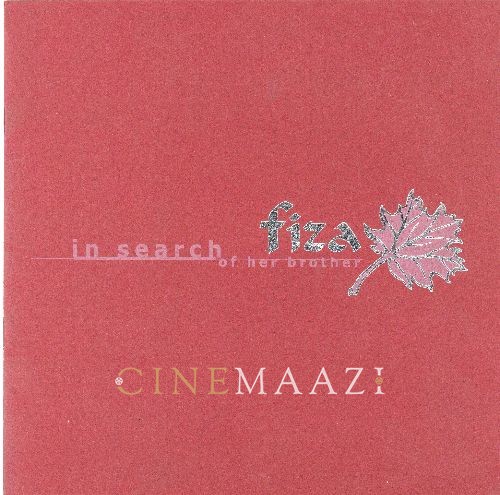
Fiza 2000
-
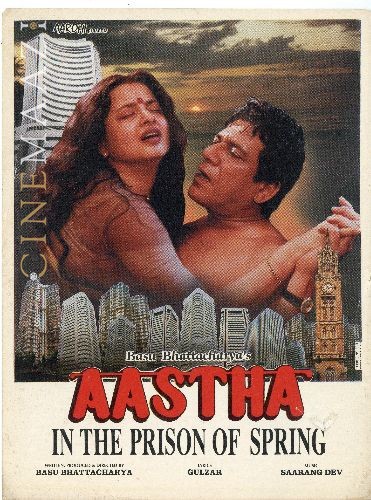
Aastha 1997
-
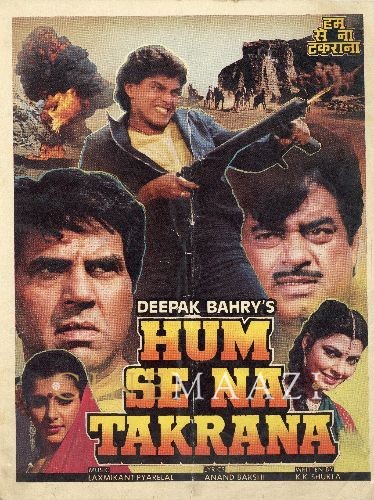
Hum Se Na Takrana 1990
-
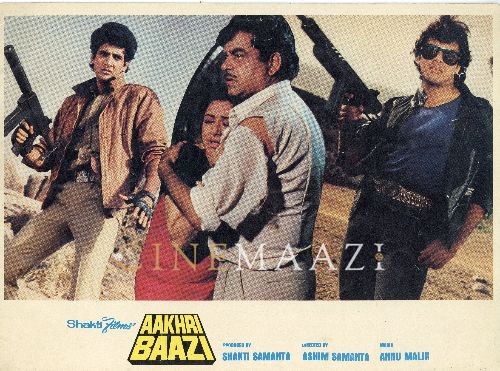
Aakhri Baazi 1989
-
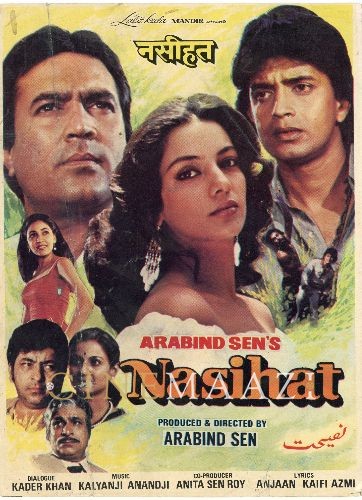
Nasihat 1986
-
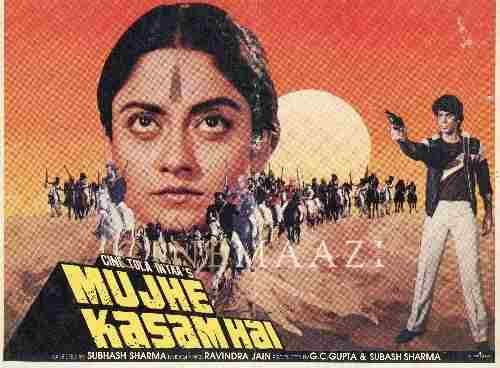
Mujhe Kasam Hai 1985
-
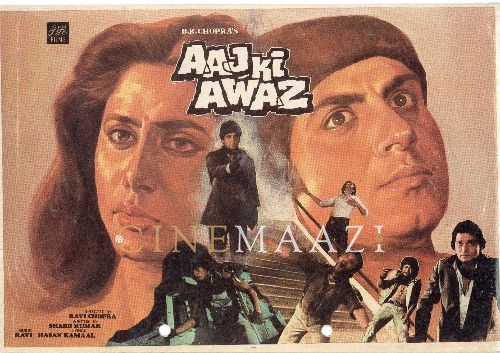
Aaj Ki Awaz 1984
-
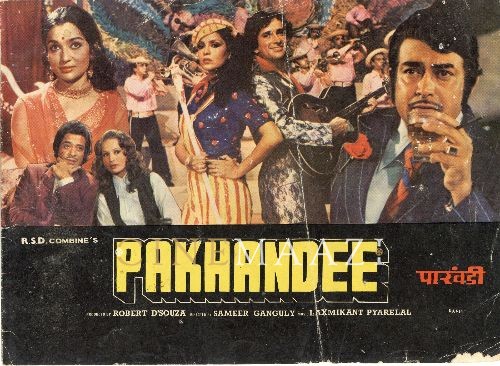
Pakhandee 1984
-

Amne Samne 1982
-
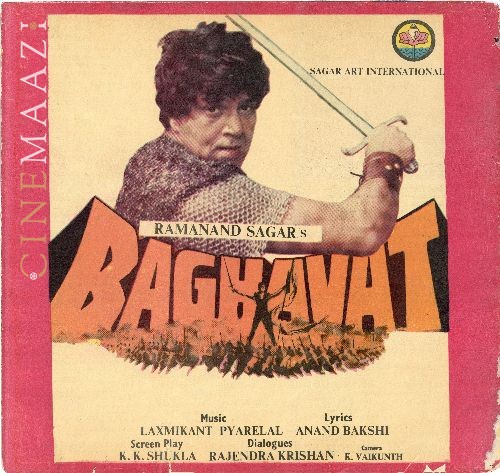
Baghavat 1982
-

Khoon Ka Rishta 1981
-

Khwab 1980
-







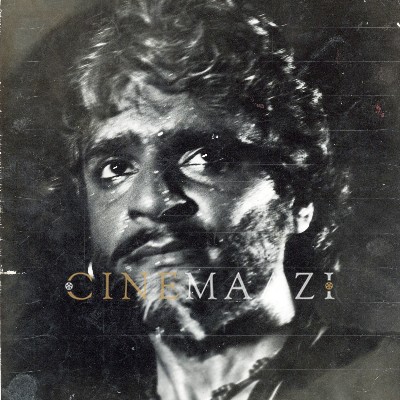

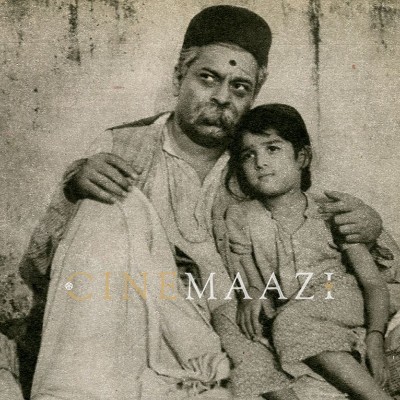

.jpg)



